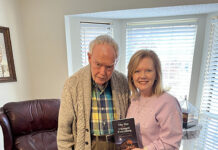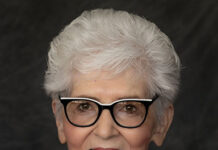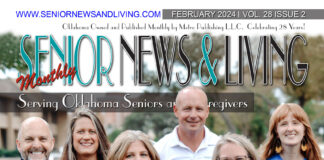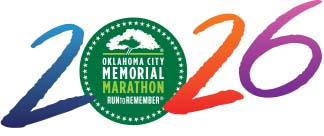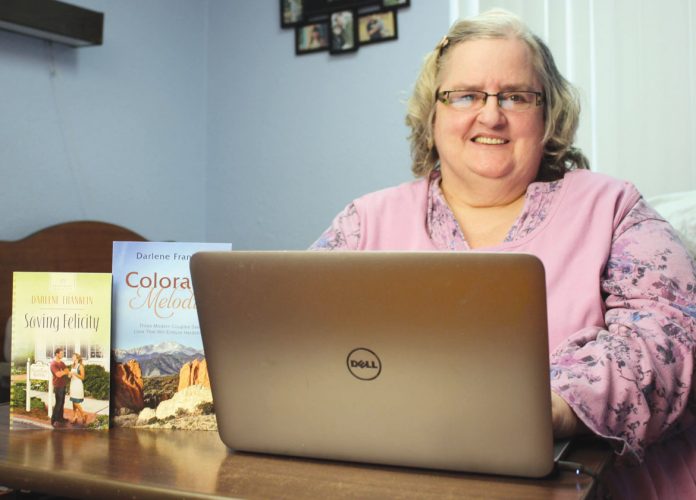
By Darlene Franklin
When I’m asked to name my heroes, I readily name a handful: Rosa Parks, Corrie Ten Boom, Eleanor Roosevelt, alongside Abraham Lincoln, George Washington, and others.
What makes a hero? Dwayne Johnson asked that question in his 2013 television series, The Hero.
In addition to my addiction to reality TV, I was interested in the answer. I was facing my own hero’s challenge. I had to battle back from a month-long hospitalization. I had never fully recovered from crippling weakness and arthritis which had left me unable to walk or do most of my daily activities, and led to my moving to a nursing home.
On my first day of therapy, I was wheeled down the hall to the gym. My physical therapist worked with my lower extremities, core strength, standing, endurance-walking? The occupational therapist focused on “activities of daily living,” more upper body. Could I raise my arms enough to brush my hair? Dress myself?
We had a long way to go, and a hundred days (according to government mandated guidelines) to accomplish the task.
Weakness and pain nibbled at the edges of my motivation. In one of my first sessions, my physical therapist gave me a simple task: stand up.
I called on all my strength and pushed myself to my feet. I remained there, tottering, for a few seconds.
“Sit down-gently. Don’t plop.”
I reached back for the wheelchair arm with one hand, then the other, then as slowly, as carefully as I could, lowered myself into the chair. I was spent.
“That was good,” she said cheerfully. “Now do it four more times.”
Every muscle trembled, and most of them screamed with pain. I adapted the mantra of the winner of The Rock’s competition as my own: “I will not let pain or fear defeat me. I will only fail if I cannot, physically, complete the task.”
I stood four more times that day. I learned an essential lesson in facing an overwhelming task: success has more to do with my willingness to do the hard thing than with physical facts.
My health continues to fluctuate. I’ve been to the hospital three times since Christmas and have just completed another hundred days of therapy.
I will not let pain and fear defeat me.
The lesson served me well. I began with enthusiasm, drive, and a definite goal: to walk around the nursing home.
More lessons headed my way.
· Accept a different normal.
My third hospitalization reminded me of a fact I had conveniently forgotten. Congestive heart failure-which leaves my heart pumping fine, sometimes high, more often low-creates problems for my other organs. They pick and choose when to work.
I decided to stop waiting for things to get better, because they probably won’t. That decision led to the next lesson.
· Do it anyway.
So what if I’m sore from this afternoon’s therapy and tired from last night’s battle with sleeplessness? Go ahead and write. Sing. Visit with friends. Attend church. Live life in the now, because that’s all I have.
And sometimes. . .
· Miracles happen.
For four years, I have worked to improve range of motion in my arms; I can’t clasp my hands together behind my head. We’ve worked on it as much as we’ve worked on walking, standing and everything else. Nothing had changed.
Until one day this session, something popped in my arms and they moved a few more inches. I still can’t rest the back of my head on my hands-but I can wash my hair and tie on a chin strap.
· The miracle you receive may not be the one you wanted or expected.
I ran into a foe that defeated my dreams of walking freely through the halls, at least until I can obtain appropriate equipment: I can’t go without oxygen. My legs will take me further than my lungs will.
“A hero is a person who is admired for. . .courage.” A lifetime has taught me courage is not the absence of fear, but acting in spite of fear.
In that case, maybe I am a hero. Maybe you are too.






